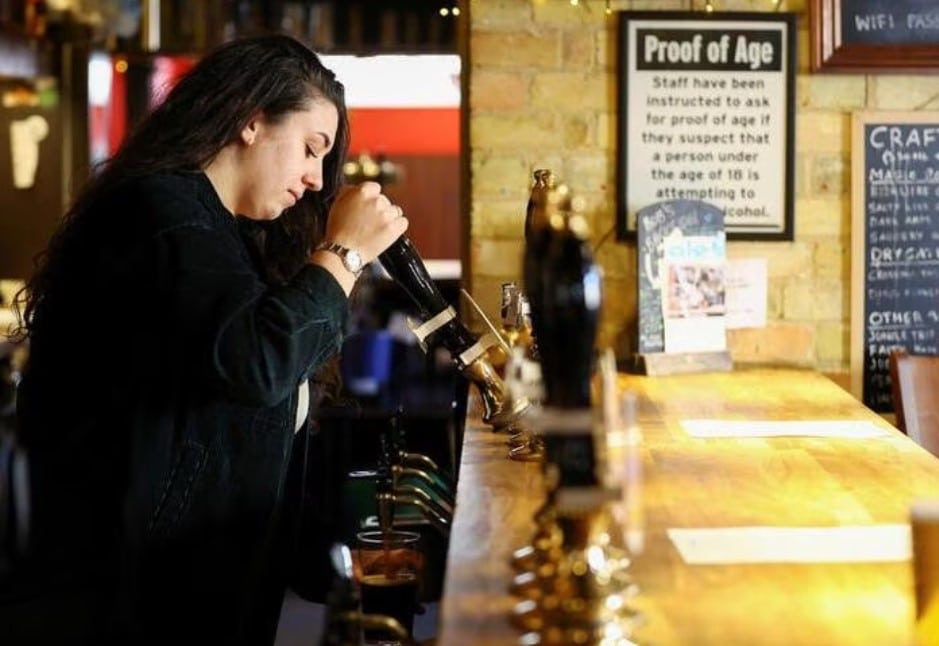British inflation unexpectedly rose to 10.4 per cent in February, pushed up by higher food prices and pricier drinks in pubs and restaurants, official data showed on Wednesday, a day before the Bank of England announces its latest interest rate decision.
Economists polled by Reuters had forecast that the annual CPI rate would drop to 9.9 per cent in February from January’s 10.1 per cent and move further away from October’s 41-year high of 11.1 per cent.
The BoE is due to announce on Thursday whether it has raised interest rates for an 11th meeting in a row.
Investors are split on whether it will pause its run of increases in borrowing costs because of the recent upheaval in the global banking sector.
“Given the market movements of late, this puts the Bank of England in an incredibly difficult position as it may not be enough for the Bank of England to press pause on the rate hikes,” Richard Carter, head of fixed interest research at Quilter Cheviot, said.
Sterling rose against the dollar and the euro after the data was published.
Interest rate futures showed a 100 per cent chance that the BoE would raise rates by at least a quarter point, up from just over 50 per cent late on Tuesday.
The ONS said that an end to January drinks promotions in pubs and restaurants was the biggest factor pushing up inflation last month, but shortages of salad items also played a role.
“Food and non-alcoholic drink prices rose to their highest rate in over 45 years with particular increases for some salad and vegetable items as high energy costs and bad weather across parts of Europe led to shortages and rationing,” ONS chief economist Grant Fitzner said.
Higher alcoholic drink prices added 0.17 percentage points to the annual rate of inflation in February, while the increased cost of food and non-alcoholic beverages added 0.15 percentage points.
Overall inflation for food and non-alcoholic drinks rose to 18.0 per cent, its highest since 1977.
UNDERLYING INFLATION UP, TOO
Core CPI – which excludes energy, food, alcohol and tobacco and is watched closed by the BoE – rose to 6.2 per cent from 5.8 per cent in January, versus a forecast decline to 5.7 per cent.
The annual inflation rate in the services sector, which most policymakers consider is a good measure of underlying price pressures in the economy, rose to 6.6 per cent after standing at 6.0 per cent in January.
The increase in inflation in Britain contrasted with a fall in the US CPI rate to 6.0 per cent in the 12 months to February. Euro zone inflation also eased last month but underlying price growth continued to accelerate.
Finance minister Jeremy Hunt said the data showed the expected decline in inflation could not be taken for granted.
“Falling inflation isn’t inevitable, so we need to stick to our plan to halve it this year,” Hunt said in a statement.
On Tuesday, he told lawmakers that inflation above 10 per cent was “dangerously high”.
There were some signs of decreasing price pressures ahead.
Prices paid by factories increased by 12.7 per cent over the 12 months to February, still a big rise by historical standards but their weakest increase since September 2021.
Prices charged by manufacturers rose at their weakest pace in a year, up by 12.1 per cent.







Click here to change your cookie preferences